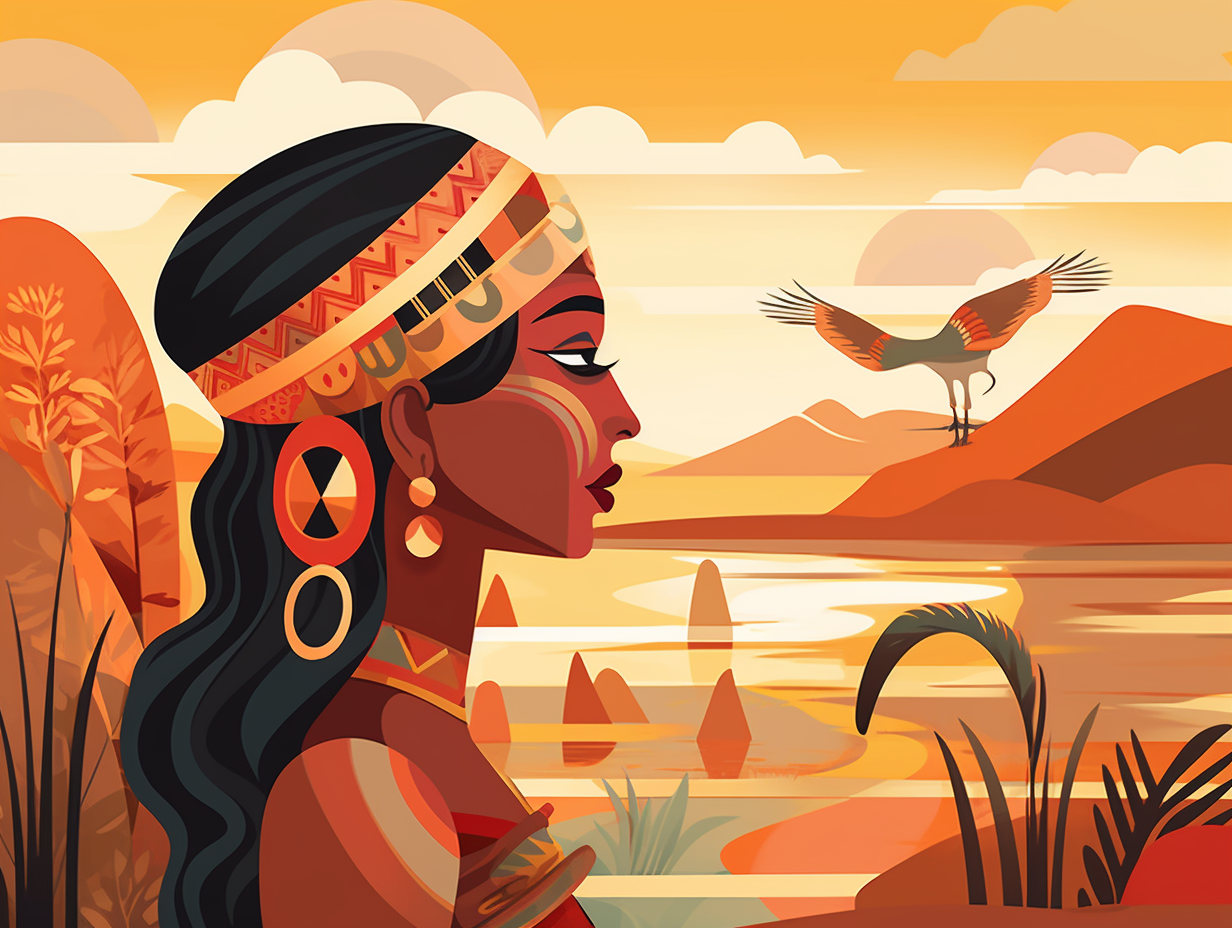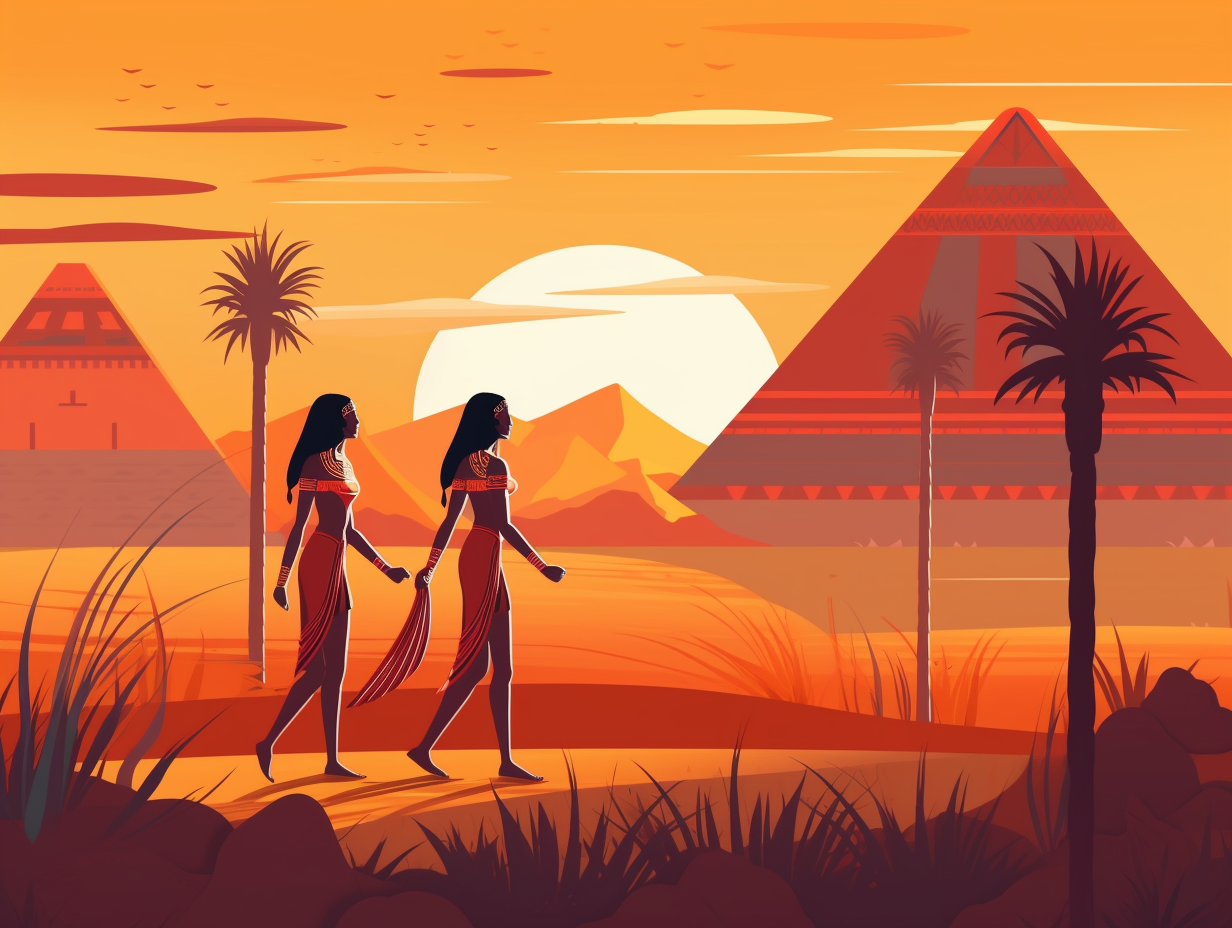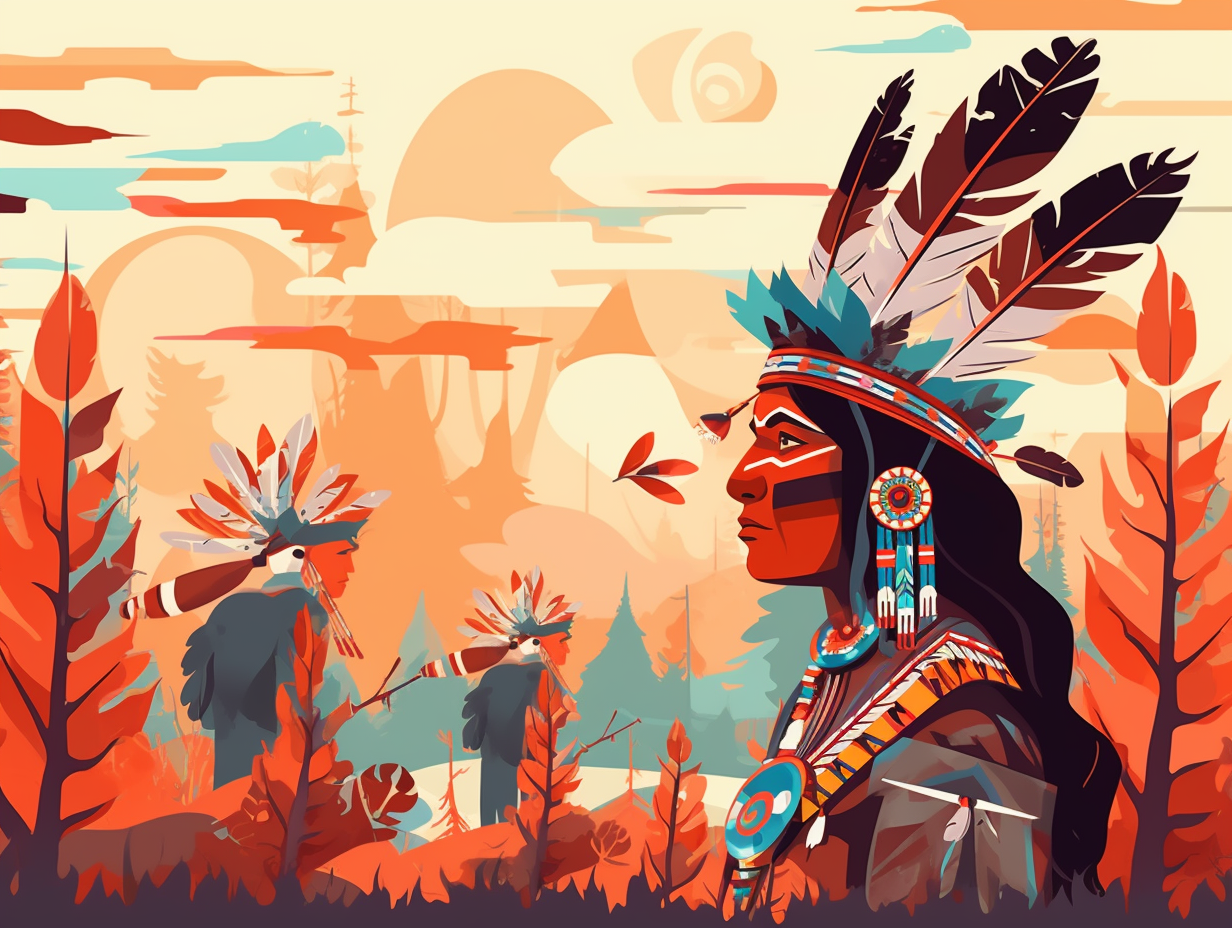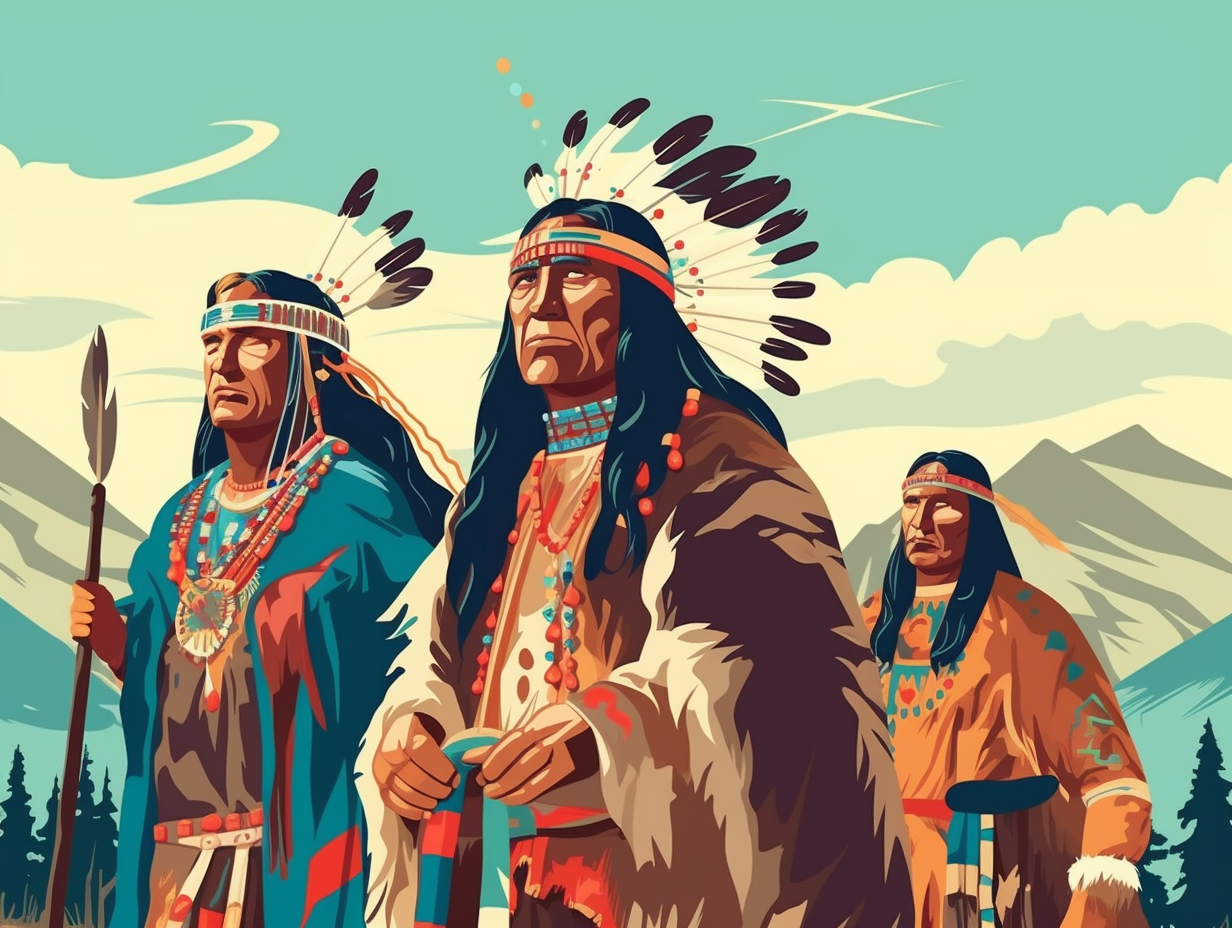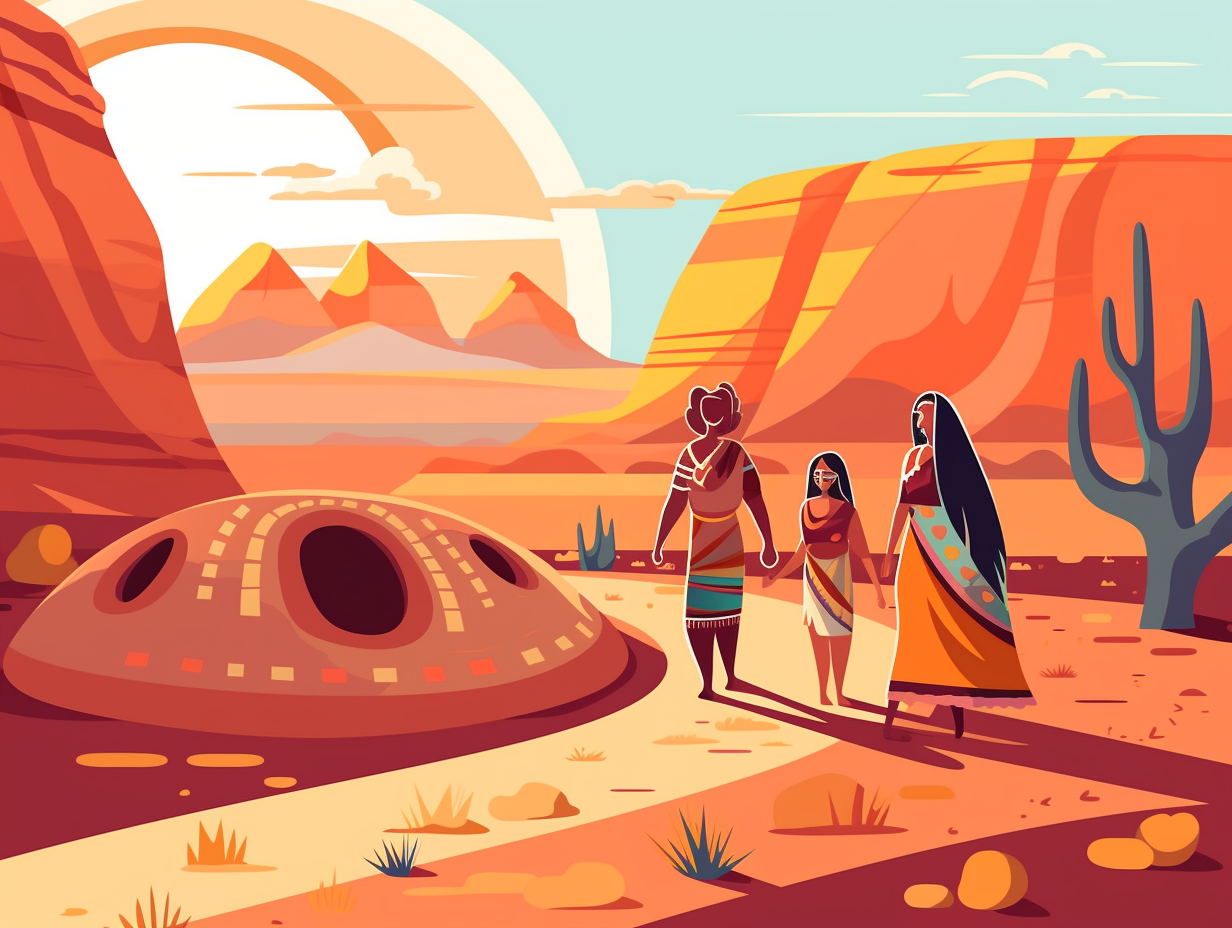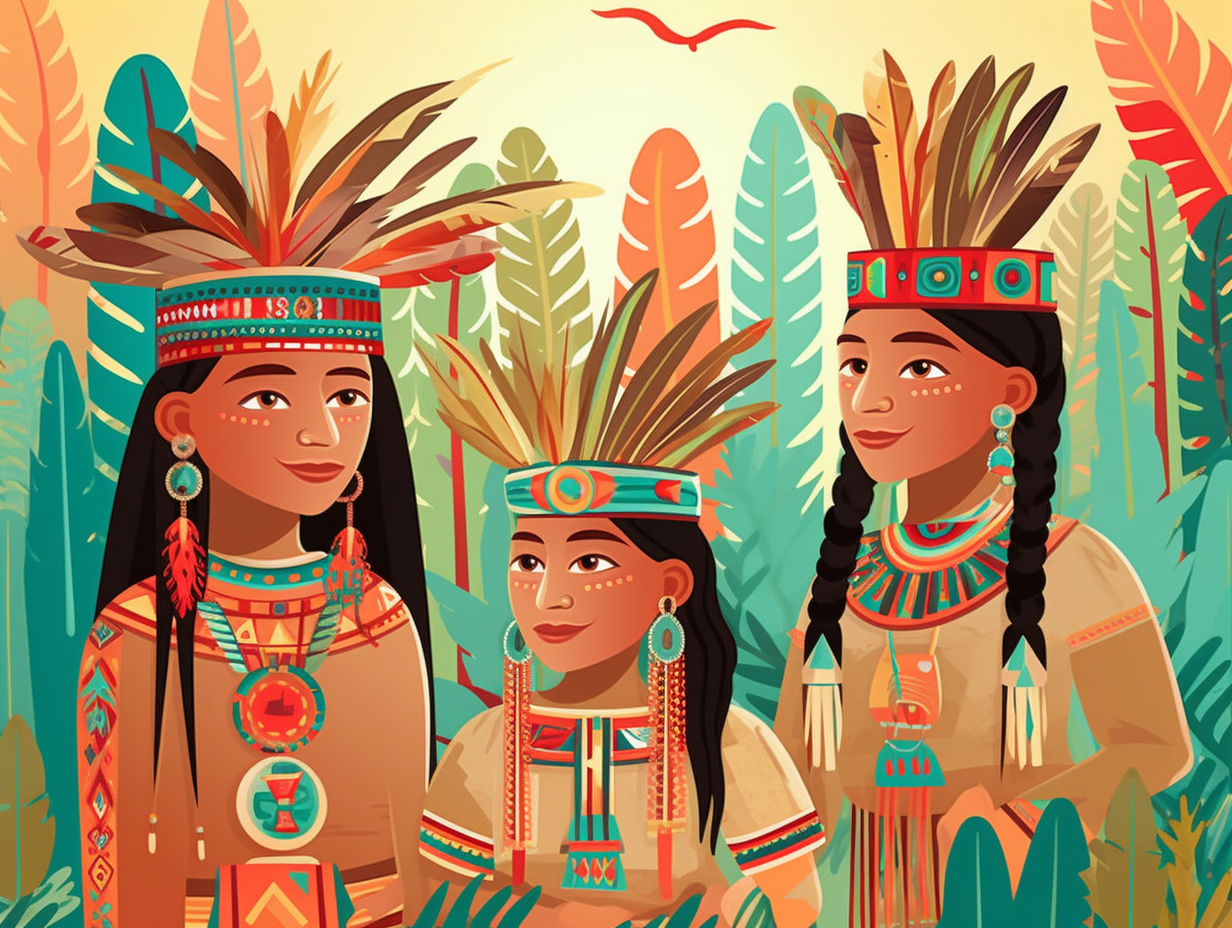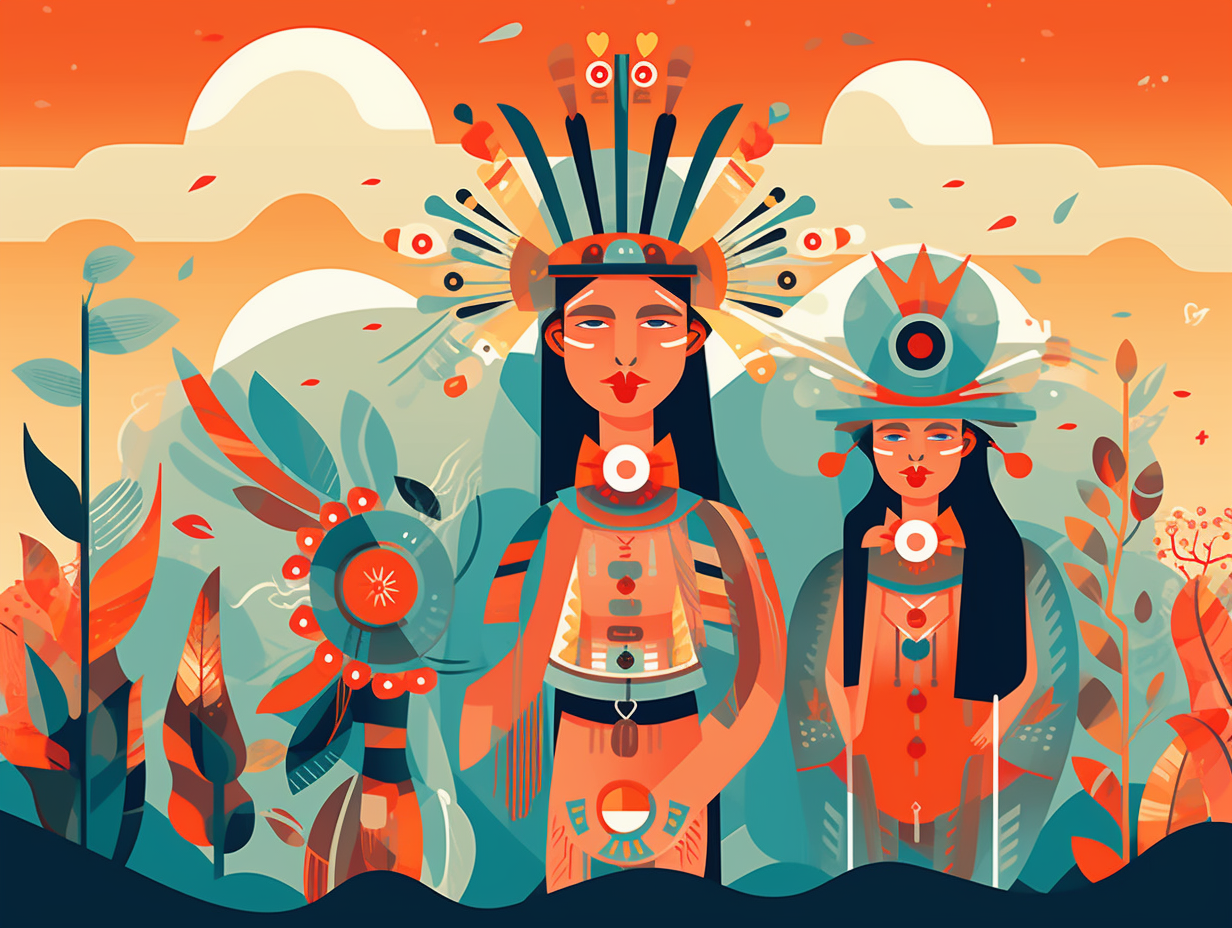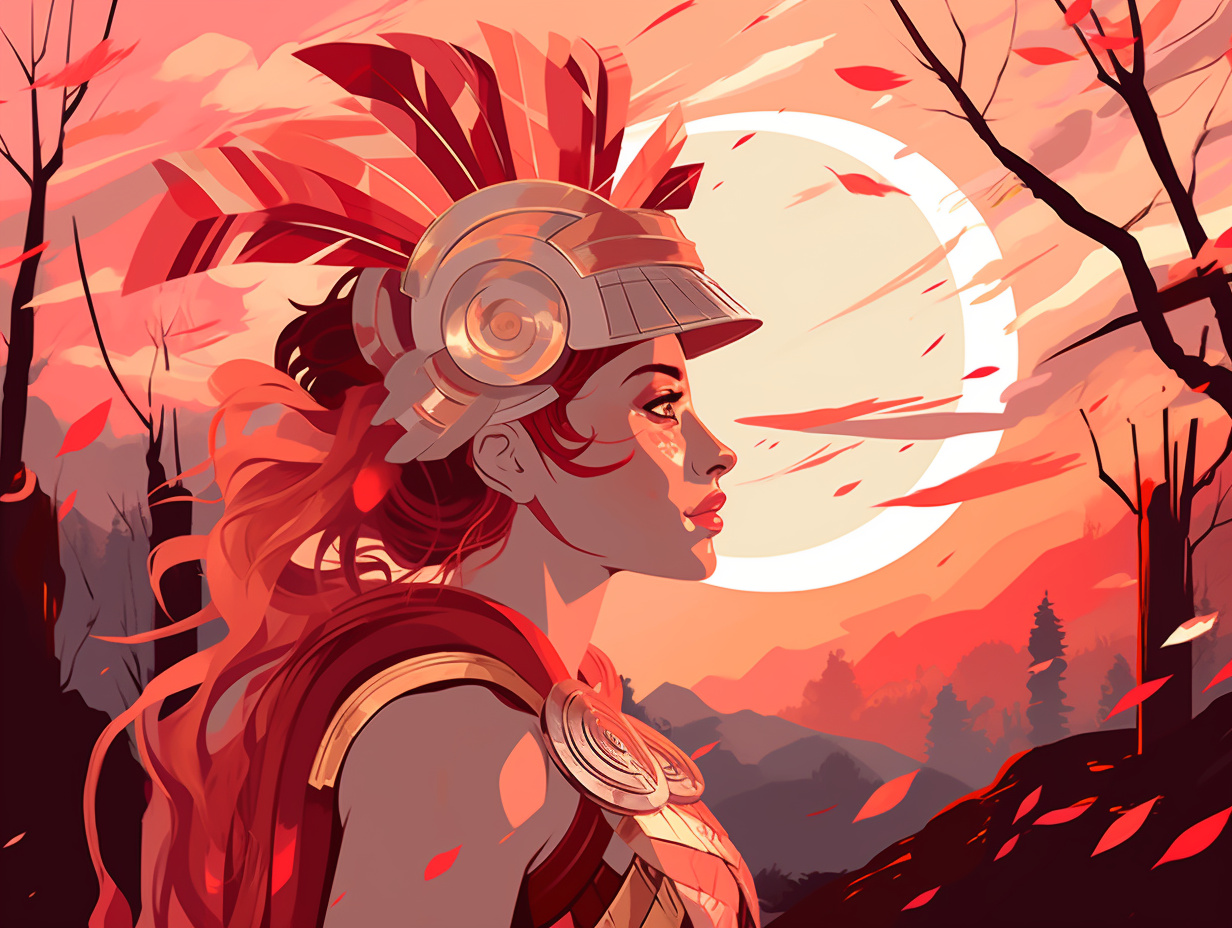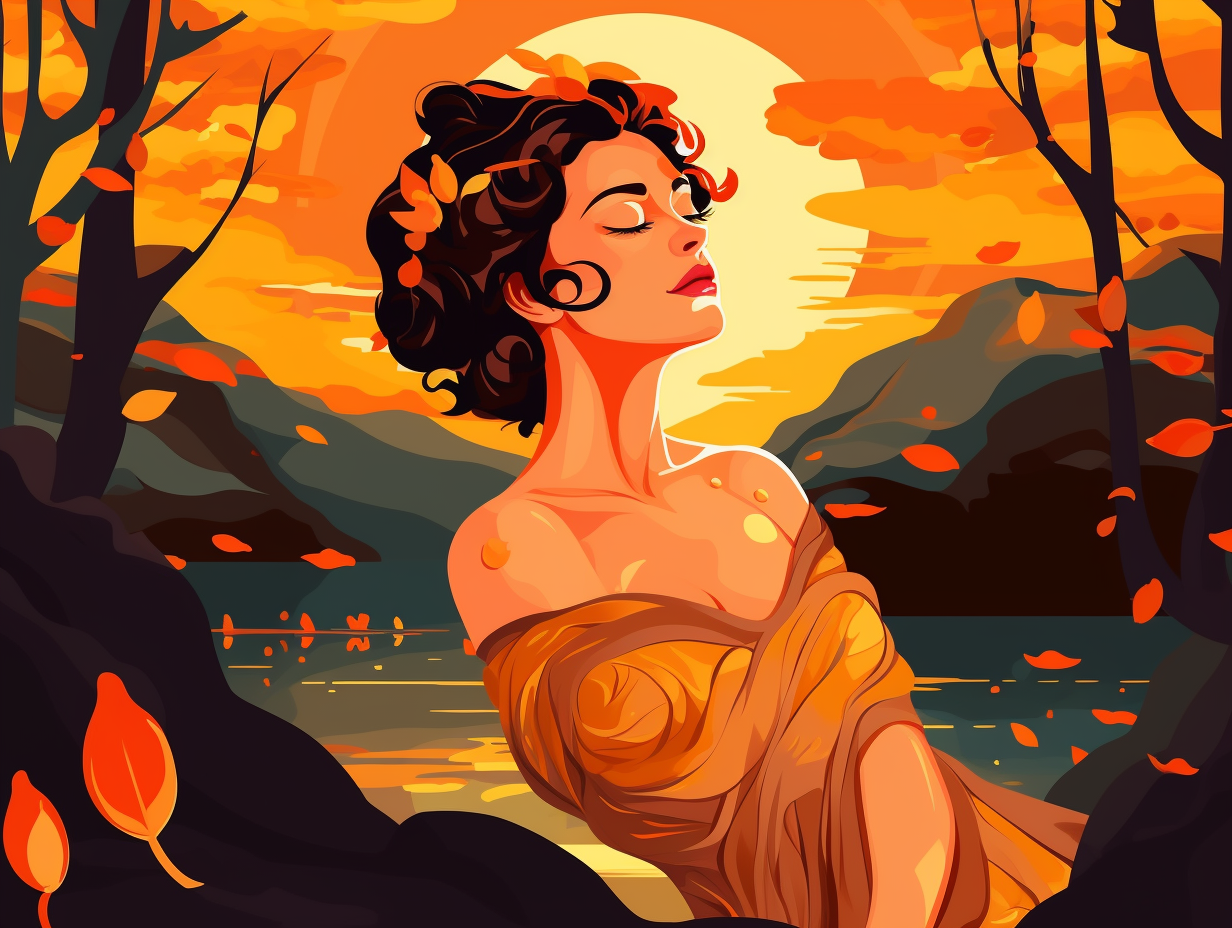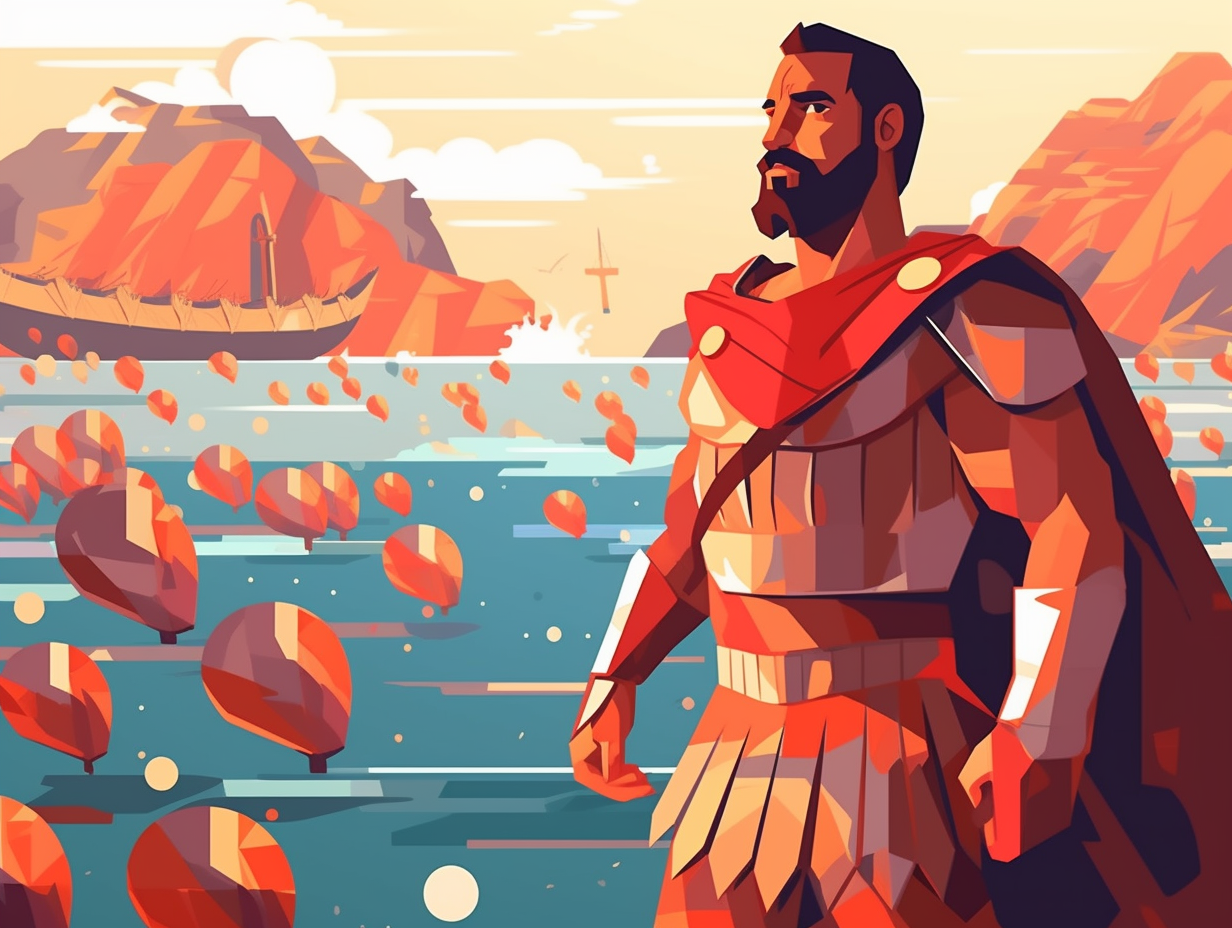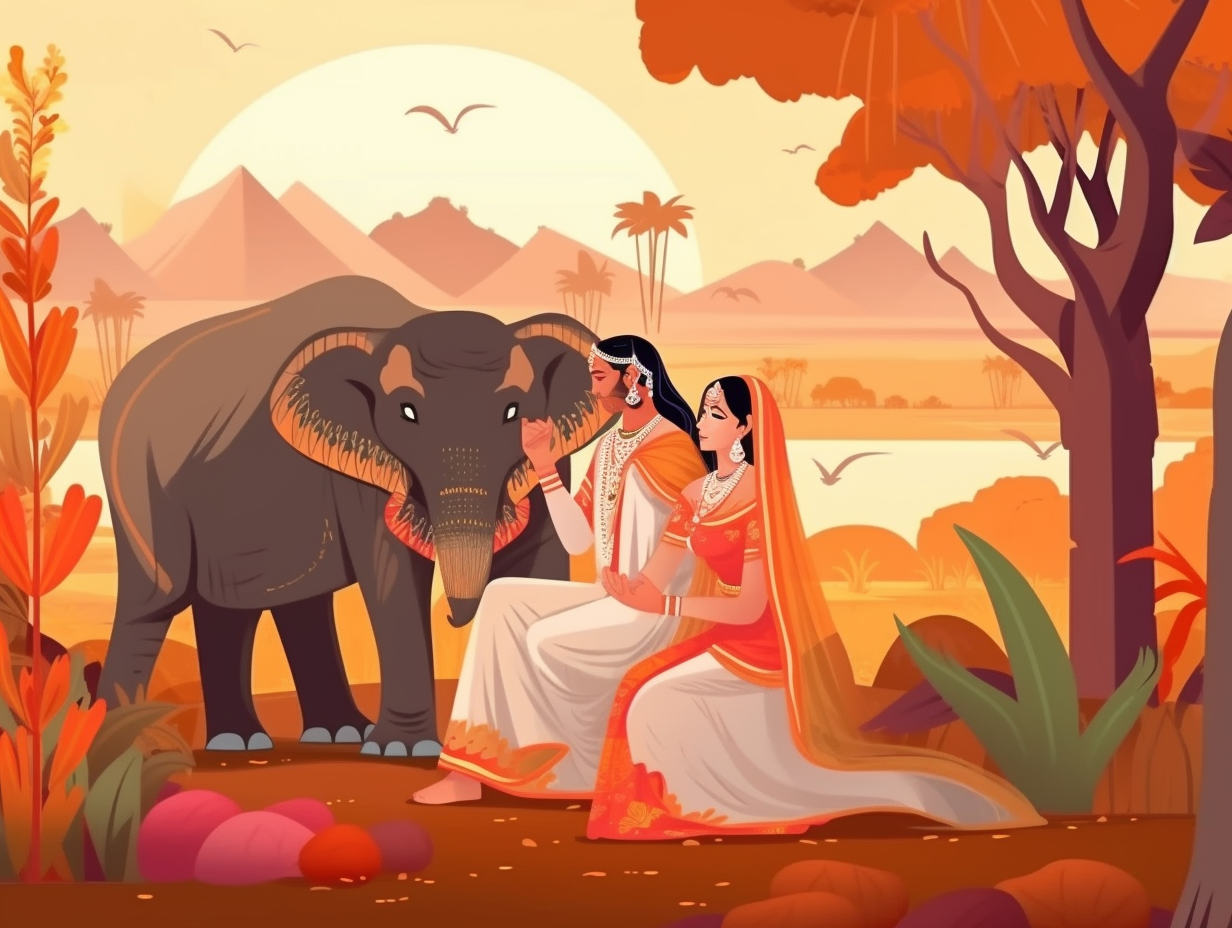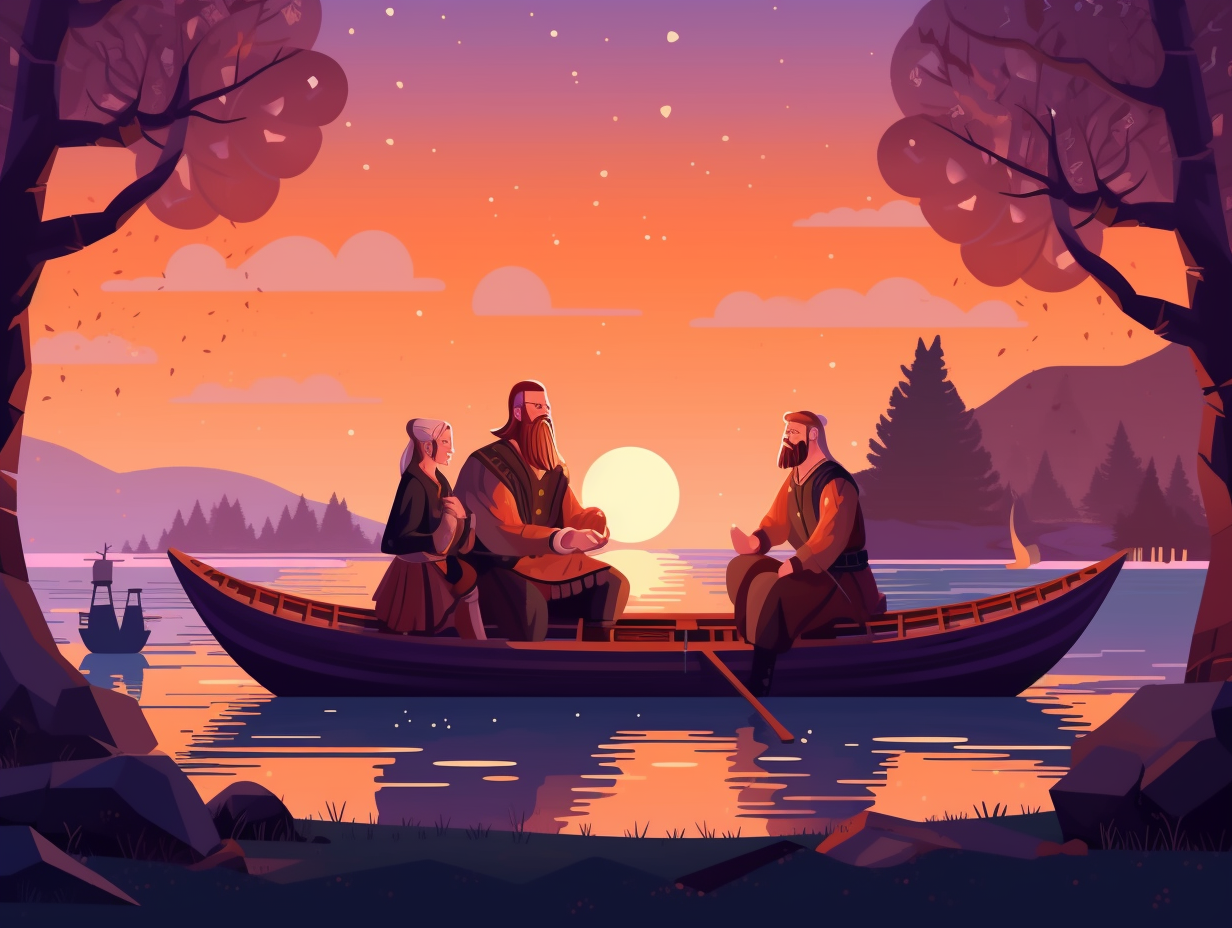Discover the Aztec Empire: Top 9 Unbelievable Fun Facts You Never Knew!

1. Chocoholic Ancestors
You know those chocolate cravings you just can't shake? Well, it turns out you might have inherited your choco-love from some ancient Aztec ancestors who quite literally thought it was heavenly: The Aztecs believed chocolate was a divine gift from the god Quetzalcoatl, used cocoa beans as currency, and even drank chocolate as a refreshing beverage, an aphrodisiac, and war-prepping potion - all while crediting the Olmecs and Mayans for their chocolate-filled legacy.
Source => magnumicecream.com
2. Spicy Xocolatl Craze
Before the Spice Girls made it cool, ancient Aztec folks were spicing up their lives with a lip-smacking chocolate concoction that'd make modern baristas flip their beans: The Mayans and Aztecs relished a delectable yet bitter chocolate drink called Xocolatl, created from cocoa beans and spices, which was savored hot or cold by the elite and warriors alike for its invigorating properties, with a hint of chili occasionally thrown in for some extra zing.
Source => veggiedesserts.com
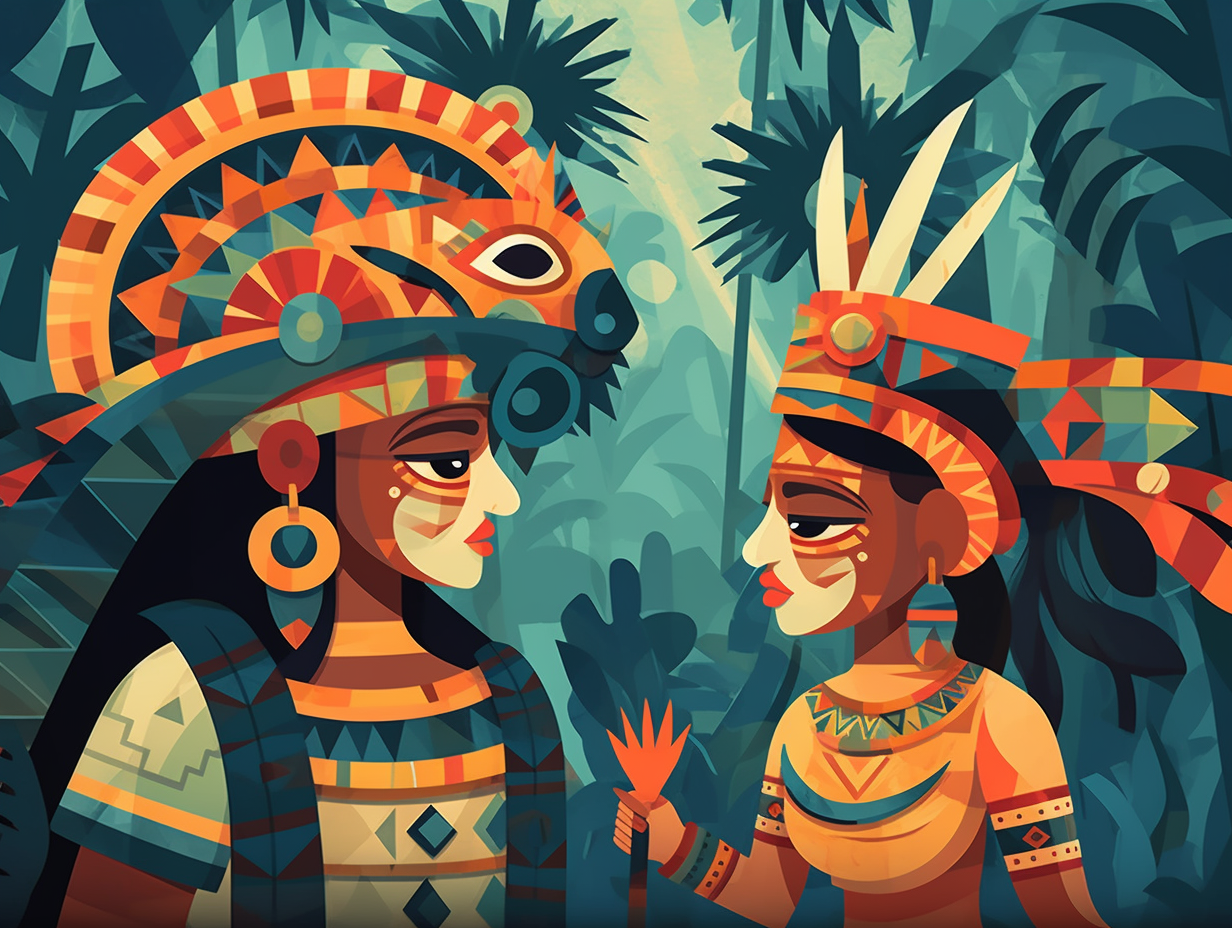
Did you know the Mayans rocked bedazzled grills way before it was cool? Discover how they used semiprecious stones to create dazzling smiles across ancient Guatemala, Belize, and Honduras!
=> Fun Facts about The-Mayans
3. Double Calendar Fun
Who needs just one calendar when you can have two (double the fun, am I right?): The Aztecs were all about calendrical choices, boasting the 365-day xiuhpohualli for agricultural season tracking and the mystically sacred 260-day tonalpohualli for a divinely guided day-planner experience.
Source => azteccalendar.com
4. Aztec Green Thumbs
Hold on to your maize and beans, folks: the Aztecs were extremely talented farmers that created their own islands called chinampas, using mud and decaying vegetation right out of lake beds! This superb, eco-friendly technique allowed them to grow up to seven crops a year, including our favorites like squash, tomatoes, and chili peppers - talk about an ancient green thumb! Nowadays, this innovative agriculture method still provides benefits such as space efficiency, biodiversity, and water management, proving that you can't beat the classics.
Source => thearchaeologist.org
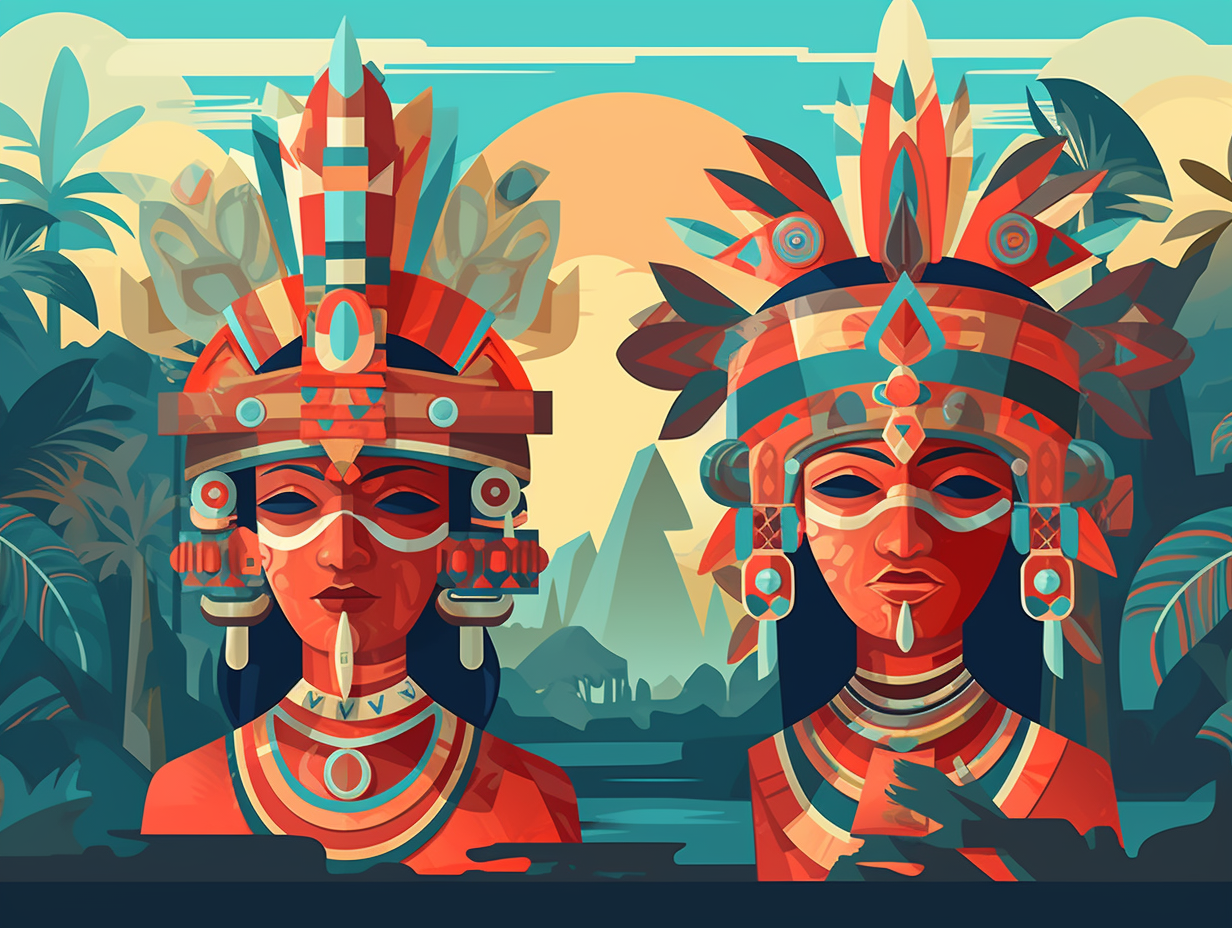
5. Living Etch-a-Sketches
Before ink was trendy, the Aztecs were living etch-a-sketches, proudly emblazoned with tributes to their gods: The Aztecs honored their deities and warrior achievements through intricate tattoos, transforming their bodies into sacred symbols and spiritual canvases.
Source => tattmag.com
6. Ancient Courtroom Drama
Guilty as charged, your honor…ble ancestors: The Aztecs actually had a complex and well-organized legal system, complete with judges and trials, mirroring our modern-day quest for justice.
Source => kids.nationalgeographic.com
7. Bend it like Aztec
Bend it like an Aztec Beckham: The ancient Aztecs played a peculiar version of their ball game, tlachtli, where they could only use their head, hips, and elbows to maneuver the ball; think soccer and rugby meets a professional game of Twister. Played in teams of seven, including a captain, players aimed to pass the ball through stone rings on the court walls—scoring a goal would definitely make your limb-lovin' ancestors proud.
Source => mayaincaaztec.com
8. Hummingbird Fashion Statement
Before Harry Potter's invisibility cloak, there were Aztec hummingbird cloaks: a magical fashion statement adorned by high priests and made with the shimmering skins of around 8,000 tiny hummingbirds. These iridescent beauties were reserved for honoring the supreme deity Huitzilopochtli, exclusively worn during sacrifices, and seen as a symbol of closeness to the gods for the noble Aztecs.
Source => curioushistorian.com
9. Aztec School Days
Imagine all the Aztec kiddos with backpacks full of quetzal-feather pencils, heading off to those ancient classrooms to refine their stone calendar doodles and master the military art of pin the tail on the enemy donkey: The Aztecs held education in high regard and made it mandatory for boys and girls alike, focusing primarily on skills relevant to their social status and future roles, such as farming, hunting, household management, and fighting techniques.
Source => historyonthenet.com
Related Fun Facts


